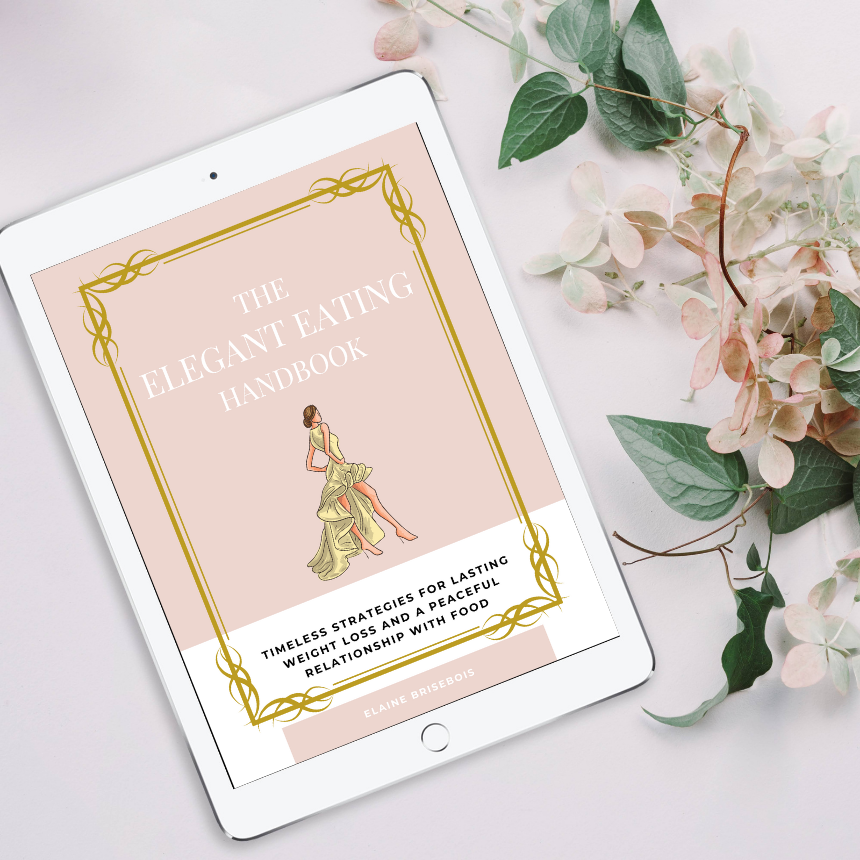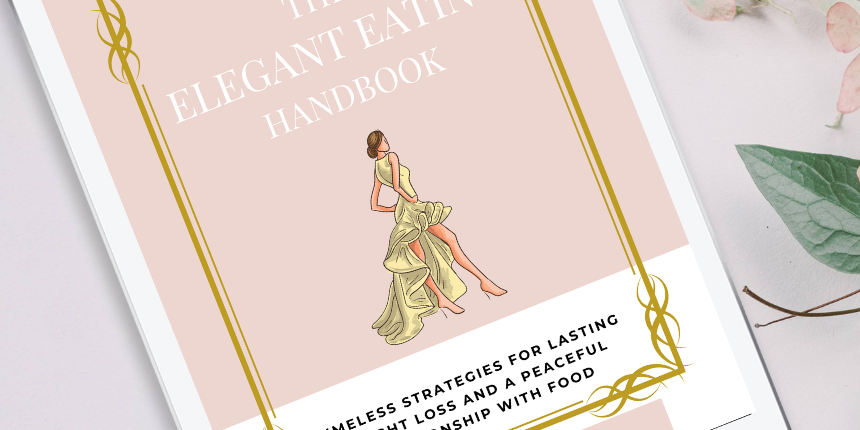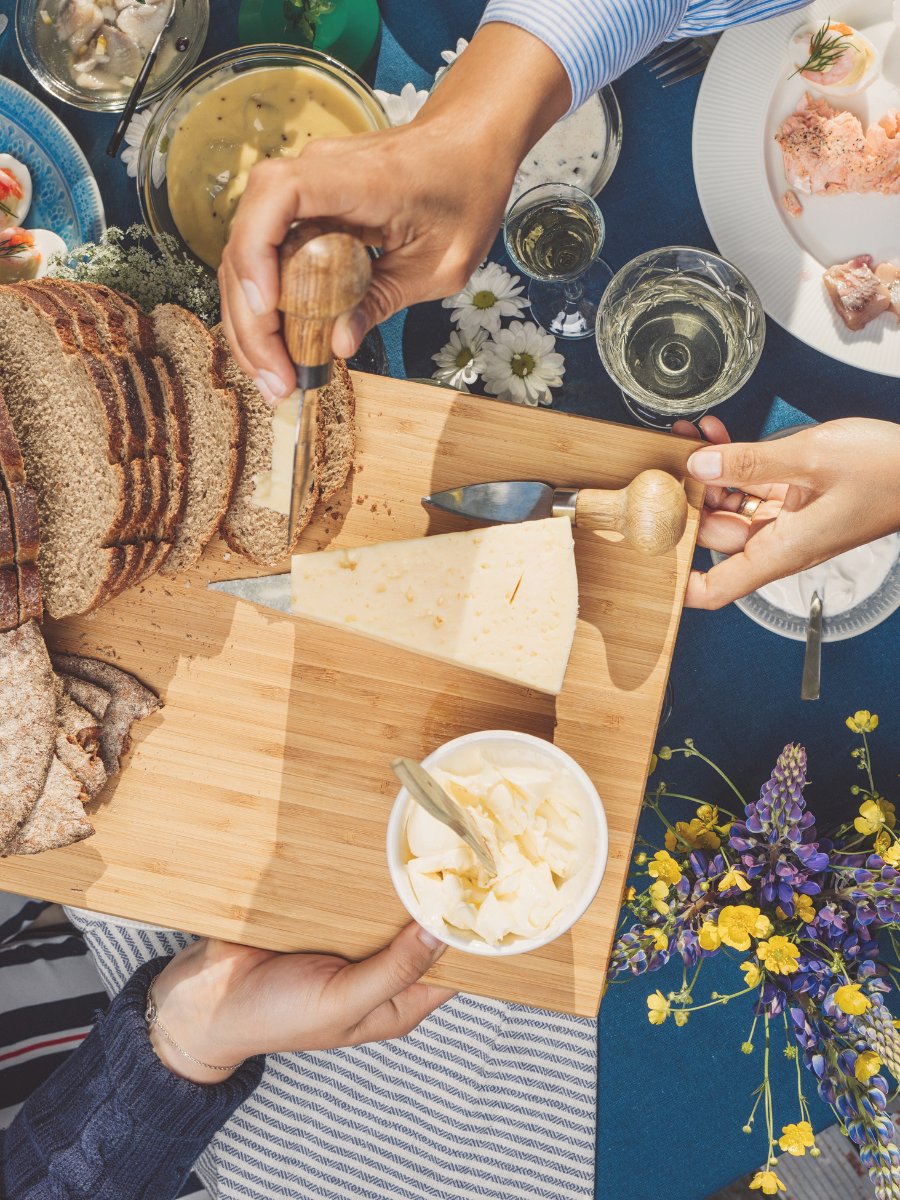When trying to determine what’s working on your personal protocol, as well as what’s not working, keeping track of what you’re eating – as in writing it down – is really the simplest and most precise way of recalling exactly what you’ve eaten.
Most of us have a short memory when it comes to recollecting every morsel we’ve put in our mouth over the last few days, let alone the last week.
Keeping a simple food journal allows us the opportunity to evaluate our eating habits accurately and honestly.
Some people love their diet and food apps, but I prefer the old fashioned way of putting pen to paper.
Sometimes I get pushback when I request that my clients keep track of their eating, and I believe that part of that resistance comes from making it more complicated than it needs to be.
There’s no need to track macros, calorie counts, weigh, or measure every ingredient; just a simple description of the food and perhaps an approximate serving size – nothing fancy.
Sometimes clients will send me pictures too, but that’s based solely on preference and in no way mandatory.
If done correctly, it shouldn’t take more than a few minutes to write down what you’ve eaten, particularly if you’re only sticking to main meals and not snacking all day in between.
When it comes to weight loss, it can be a slow process for some, particularly if there are underlying hormonal imbalances that need to be rectified. But too often I see women throw in the towel much too early. She’s been following a certain protocol or implementing a specific dietary strategy for a few weeks and she hasn’t seen fast results.
That didn’t work for me.
But when I start to probe and ask questions we discover that she hasn’t been very consistent at all in following her protocol.
There’s a sneaky human tendency to overestimate the healthy stuff and underestimate the not so healthy stuff, as well as all the little exceptions here and there that add up over time.
Having my clients send me their food journal is really the closest thing I have to getting my eyes on their diet and allowing me to give meaningful feedback based on what (and how) they’re actually eating.
It allows us to uncover those inconspicuous little habits that only become obvious when we’re able to review the full range of data and get a more complete picture of her overall consumption.
And sometimes it really only requires small little adjustments or tweaks to move her closer towards her desired results.
For example, the addition of more healthy fat at lunchtime time allows her to get through the afternoon without a 3 pm snack.
Or eating more starchy carbs at dinner allows her to fall asleep faster and avoid late-night eating.
Or limiting her wine consumption to just one glass in the evening (rather than the usual 2 or 3) doesn’t promote cravings for chips and other salty snacks.
Or allowing the urge to dive into a tub of ice cream be there without having to react and give in to it. In other words, practicing being uncomfortable and knowing that nothing has gone terribly wrong.
Understanding that sometimes a little discomfort is just the currency to reaching our goals.
Perfectionism is another reason some of us resist keeping a food journal.
We only like to write down our food intake when we’ve been “good” or have eaten “perfectly”. We don’t want to write down the foods that were “off-plan” or include the bites and sips that were taken unconsciously when perhaps we just felt like numbing ourselves after a stressful day.
I can tell you from experience though that my clients who write it ALL down, the good days and the bad, gain the most valuable feedback and often make the most progress.
Keeping a food journal is a great practice in allowing imperfection.
Besides, only keeping track of your food when you’re eating “perfectly” defeats the entire point of the exercise.
At the end of the day, it’s just about gathering information.
Data collection.
No need to make it mean anything more than that!

Hi! I’m Elaine, a Certified Nutritionist and Master Certified Health Coach. I support women in achieving their health and body goals while prioritizing a peaceful and balanced relationship with food.

Get a free copy of my handbook!
The Elegant Eating Handbook: Timeless Strategies for Lasting Weight Loss and a Peaceful Relationship with Food.
share with friends
keep reading...





[…] ← Previous […]
[…] And the best way to be really precise, in most cases anyways, is for them to write down exactly what they’ve eaten at the end of the day in a simple food journal. […]
[…] I’m re-visiting a topic that I’ve discussed here on the blog before, but I want to shed more light on the subject, or perhaps a new […]